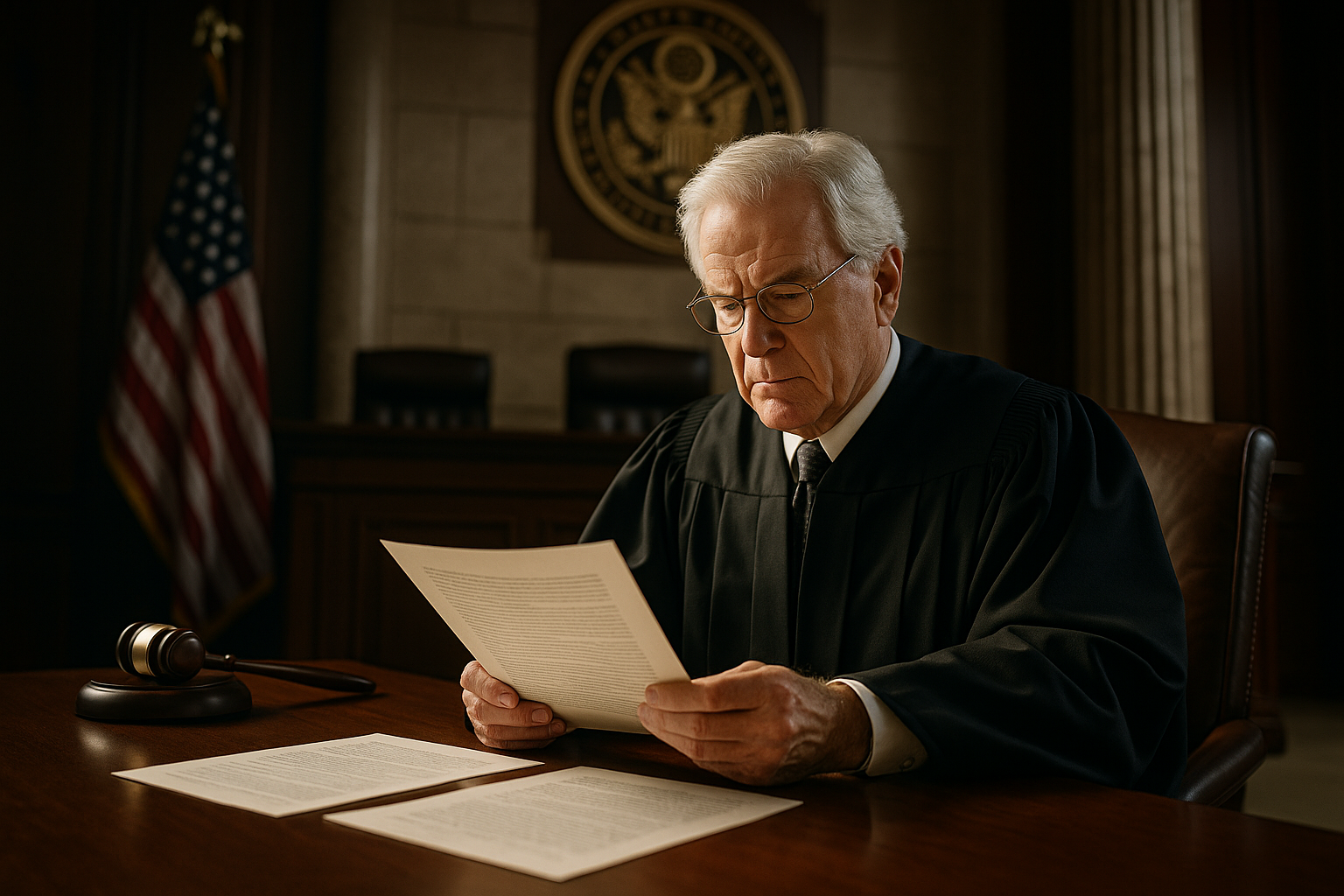Analyzing the Role of Supreme Court Justices in the US Legal System
The US Supreme Court holds a paramount position in the country's legal framework. This article delves into the critical role of Supreme Court Justices and how their rulings shape the nation's legal trajectory. The United States Supreme Court is the highest court in the federal judiciary. The Court, consisting of the Chief Justice and eight associate justices, has the power to decide cases that have significant implications on the interpretation of the Constitution and federal law. The justices are nominated by the President and confirmed by the Senate, serving lifetime appointments. This tenure ensures the independence of the judiciary from the executive and legislative branches of government.

Supreme Court Justices: The Guardians of the Constitution
The Supreme Court Justices carry a heavy responsibility. Their primary role is to interpret the US Constitution and make rulings that are binding on all lower courts. The decisions they make often set precedents that guide the interpretation of the law for years, and sometimes decades, to come. Consequently, the Supreme Court has played a pivotal role in shaping American society through landmark cases like Brown v. Board of Education, which led to desegregation of public schools, or Roe v. Wade, which recognized a woman’s constitutional right to abortion.
The Current Landscape: Recent Developments and Rulings
With the recent appointment of Justice Amy Coney Barrett, the Supreme Court now has a conservative majority. This shift could have significant implications for aspects of law related to healthcare, abortion rights, and civil liberties. A recent example is the Court’s ruling to uphold Arizona’s voting restrictions, a decision that signals a potential shift in how the Court interprets the Voting Rights Act, a crucial piece of legislation that protects against racial discrimination in voting.
The Implications: Impact of Supreme Court Rulings on Society
The Supreme Court’s decisions can have far-reaching impacts on American society. For instance, the Court’s interpretation of the First Amendment guarantees individuals’ right to freedom of speech, press, and religion. Similarly, its interpretation of the Fourth Amendment protects citizens from unreasonable searches and seizures. However, these interpretations can evolve over time, leading to changes in societal norms and expectations. The Court’s decisions, therefore, not only reflect the societal values at the time of the ruling but also shape future legal and societal landscapes.
The Enduring Influence of Supreme Court Justices
While the landscape of American law shifts with each new Supreme Court ruling, the role of the justices endures as an essential element of the US legal system. As interpreters of the Constitution, they shape the country’s legal trajectory and societal norms. The Supreme Court’s influence underscores the importance of understanding the role of justices and their impact on the law and society.
In conclusion, Supreme Court Justices play a pivotal role in the US legal system. Their interpretations of the Constitution influence the trajectory of American law and society, making them an integral part of the country’s legal framework. By studying their role, we can better understand the dynamics of the US legal system and the forces that shape it.




